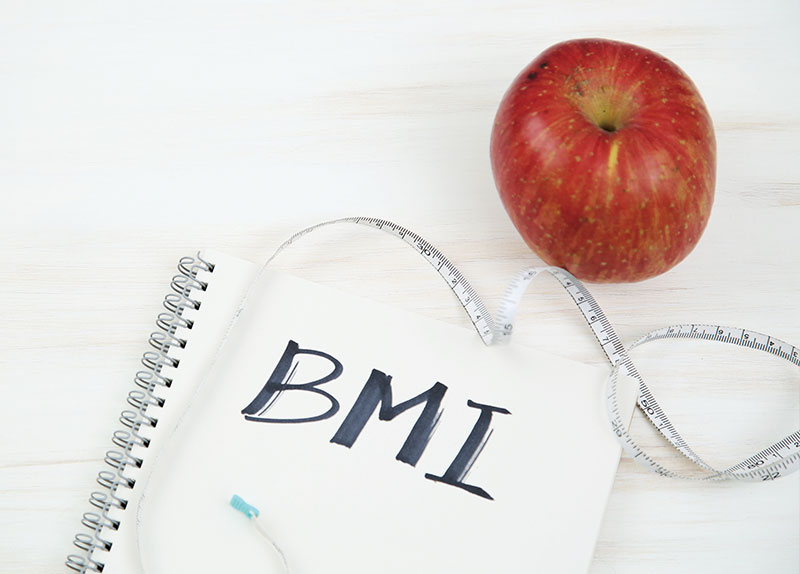 What’s This About?
What’s This About?Calorie-tracking apps have revolutionized how people monitor their diet, promising greater control over nutrition and weight management. While some praise their ability to promote healthier habits, others question their accuracy and potential downsides. So, how useful are these apps? Let’s debate!
Constructive
Pro Finn
Calorie-tracking apps have become powerful tools for individuals looking to manage their diet, maintain a healthy weight, or improve overall well-being. One of the key benefits of these apps is their ability to provide users with valuable insights into their eating habits, helping them make more informed decisions about their diet. Many people underestimate their daily caloric intake, leading to unintentional overeating. By logging meals and snacks, users can see exactly how many calories they consume and adjust their diet accordingly. This feature is especially helpful for those trying to lose weight, as it encourages mindful eating and portion control. Numerous studies corroborate the effectiveness of calorie tracking for weight loss, with participants who consistently tracked their food intake losing significantly more weight than those who did not.
Con Alice
The overall usefulness of calorie-tracking apps is questionable due to their potential negative impacts on mental health. For some individuals, obsessively tracking calories can contribute to unhealthy eating behaviors, including anxiety around food, disordered eating patterns, and an unhealthy fixation on numbers rather than overall well-being. Research suggests that strict calorie counting can increase stress and guilt around eating, which is counterproductive to building a balanced and sustainable relationship with food. Meanwhile, relying too much on these digital tools can weaken one’s ability to recognize their body’s natural hunger and fullness signals, discouraging intuitive eating. Another issue is that calorie tracking can be challenging to sustain. Logging every meal and snack can be tedious, so most users abandon the app after initial enthusiasm fades, reducing its effectiveness as a long-term solution.
Rebuttal
Pro Finn
Calorie-tracking apps are more convenient and accurate than ever. Many include extensive food databases, barcode scanners, and customizable meal planning features, simplifying logging meals. Some apps also sync with fitness trackers, allowing users to balance their calorie intake with physical activity for a more comprehensive approach to health management. Additionally, calorie-tracking apps can help users set and achieve personalized health goals. Whether someone wants to gain muscle or reduce sugar intake, these apps offer tailored recommendations and progress tracking. Over time, users can develop healthier eating habits and better understand the nutritional content of their food. Finally, these apps provide valuable insights for those with specific dietary needs. People managing diabetes, heart conditions, or food intolerances can track nutrients like carbohydrates, sodium, and protein, ensuring they meet their unique requirements.
Con Alice
Calorie-tracking apps are not as accurate as they claim. Many apps rely on user-generated food databases, which can contain incorrect or inconsistent information. Even with barcode scanners, portion sizes are often difficult to measure precisely, leading to misleading calorie counts. Additionally, calorie expenditure estimates from these apps can be highly imprecise. Caloric needs vary significantly based on metabolism, genetics, and lifestyle, but tracking apps use generalized equations that may not be correct for everyone, making it challenging for users to maintain an accurate energy balance. In addition, calorie-tracking apps emphasize numbers rather than overall dietary quality. A calorie-based approach overlooks factors like nutrient density, food processing, and gut health, which are critical for long-term well-being. Users may prioritize low-calorie foods over nutrient-rich options, potentially leading to nutrient deficiencies.
Judge’s Comments
Calorie-tracking apps offer benefits like awareness and weight management but pose risks such as inaccuracy and unhealthy eating habits. Their usefulness depends on individual needs and approaches. The key is balancing technology with mindful eating for a sustainable, healthy lifestyle.